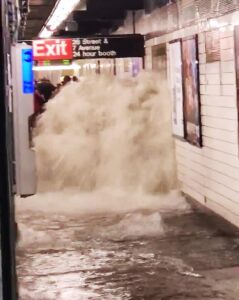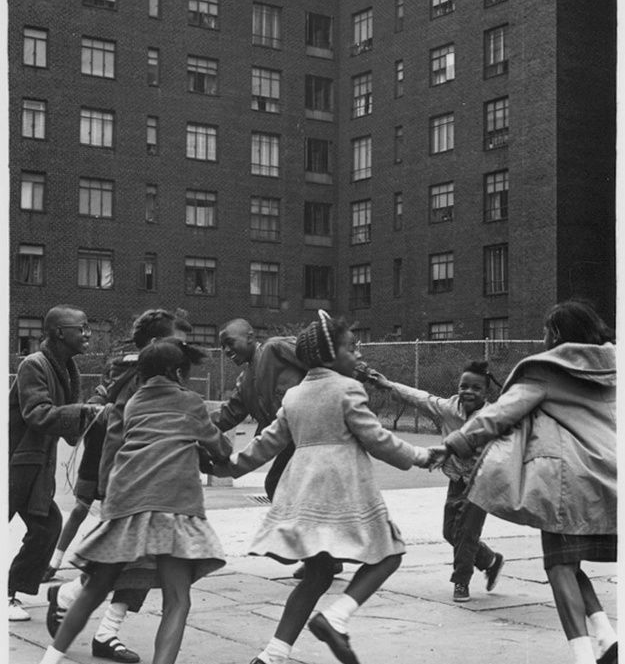Lesson 36 –
Proverbs 22:1-2,8-9, 22-23 NRSV
1 A good name is to be chosen rather than great riches,
and favor is better than silver or gold.
2 The rich and the poor have this in common:
the Lord is the maker of them all.
8 Whoever sows injustice will reap calamity,
and the rod of anger will fail.
9 Those who are generous are blessed,
for they share their bread with the poor.
22 Do not rob the poor because they are poor,
or crush the afflicted at the gate;
23 for the Lord pleads their cause
and despoils of life those who despoil them.
BACKGROUND
The book of Proverbs is filled with, well, proverbs! Each chapter contains thoughtful wisdom about life and the way it ought to be. A common formula of a verse in Proverbs is the “Here is the thing that is good, here is the thing that is bad.” Or you will find verses that say, “This is the thing that is right, and here is why.” Simple and complex simultaneously, this book of Wisdom is also filled with poetry. The writer often uses images and metaphors to get to a larger point. In your own devotional period, read this entire chapter. What do you think a major theme or lesson is here?
Today’s lesson will focus on the consequences of evil. Read the scripture out loud together. What’s happening during this passage?
Remember, the lectionary passages skip around, so we are not reading this passage in “chronological” verse order. The first section tells us that a “good name” is better than “great riches,” and “Favor” is better than “silver and gold.” The writer declares that God makes both the poor and rich. The second shares that those who are responsible for injustice will experience “Calamity,” and the “rod of anger will fall” as consequence. The generous are blessed because they share their resources with the poor. The lectionary passage ends with a reminder that people should not “rob the poor because they are poor,” for the Lord is on their side.
What ties all these verses together? Why would the people who organized the Lectionary skip about in this chapter like this?
Each of these verses (1-2, 8-9, 22-23) focuses on the cosmic need for justice. It’s not just a politics. It’s something that God is deeply invested in.
a. Verses 1-2 tell us that the Lord made both rich and poor people. Perhaps God did not intend for people to be rich or poor. But God made everyone. There is no one who exists who is not loved and intentionally made by God.
b. Verses 8-9 tells us that there are consequences for “sowing injustice.” Even more, those who are generous are blessed.
c. Verses 22-23 serve as a warning to those who would hope to do wrong by the poor. There are cosmic consequences following such evil. If you exploit the poor because they are poor, the Lord will respond by “despoiling [exploiters] of life.”
In each of these passages, readers (and hearers) get the sense that God has a special place in God’s heart for the poor and downtrodden. This is God’s “home team.” God is especially irritated and heartbroken when people take advantage of the poor.
Why focus on “the poor?” Shouldn’t we all aspire to be rich? What about generational wealth? Is this text telling us that we shouldn’t try to advance our families and communities? What makes this a Bible verse in the first place?
What’s most significant about this passage is the insistence that we are all connected. God makes all people. God looks at those who are generous with favor because they recognize they are connected to other human beings. Sharing bread (or housing, or opportunities, or clothes) with those who are in need is a way of honoring that we are all human beings. If we live our lives in a way that focuses on only ourselves (MY family, MY wealth, MY bank account), we will forget that we have a duty to the community (OUR community, OUR financial freedom, OUR resources). In this selfishness, we “reap calamity,” because our larger community is not well. How can we truly be well if anyone among us is in need?
 This passage is a reminder that it is a millennia-old phenomenon; people take advantage of people in need. It has always been “expensive to be poor.” This section of Proverbs reminds us to be humble and compassionate. We all need help, and we have all been given help. Nobody has gotten to where we are alone.
This passage is a reminder that it is a millennia-old phenomenon; people take advantage of people in need. It has always been “expensive to be poor.” This section of Proverbs reminds us to be humble and compassionate. We all need help, and we have all been given help. Nobody has gotten to where we are alone.
What questions do you still have of this scripture? How will you commit to journeying with this text this week?
Connection to Today’s World
In 2012, Hurricane Sandy wreaked havoc on New York City. Trees were downed, people experienced power outages, flooding ruined homes and the MTA was woefully unprepared. The MTA system was flooded to
the point that certain train lines had to be taken out of commission so that teams could pump water out. The city lost at least 43 people due to the storm or its impact. It was a major crisis that slowed the city down for some time.
This past week, remnants of Hurricane Ida battered the city again. News programs showed footage of flooded highways and streets. People were stranded in flooded train stations. And again, people died in basement apartments.
Rather than making the necessary infrastructure updates to anticipate inevitable future (and stronger) storms due to climate change, the city invested elsewhere. There’s wi-fi and ApplePay options at train stations. Train fare has increased more rapidly than many people can keep up with. And by 2023, Metrocards will be phased out in favor of digital payment apps. So, if you don’t have a smartphone, you’ll have difficulty getting around the city.
Sometimes the warnings from Biblical writers aren’t threats. They’re warnings about consequences. If we don’t invest in sustainable infrastructure in this city, we will continue to experience more loss and destruction as climate change brings stronger storms to our side of the world.
“Whoever sows injustice will reap calamity.”
Journal: If you could write a Proverb to describe (and warn) the world around you right now, what would it sound like? by John Legend, Melanie Fiona, Common and The Roots.
Closing: Listen to “Wake Up Everybody,” covered by John Legend, Melanie Fiona, Common and The Roots.
Wake up everybody no more sleeping in bed
No more backward thinking time for thinking ahead
The world has changed so very much
From what it used to be so
There is so much hatred war and poverty
Wake up all the teachers time to teach a new way
Maybe then they’ll listen to whatcha have to say
Cause they’re the ones who’s coming up and the world is in their hands
When you teach the children teach em the very best you can
The world won’t get no better if we just let it be
The world won’t get no better we gotta change it yeah, just you and me
Wake up all the doctors make the old people well
They’re the ones who suffer an’ who catch all the hell
But they don’t have so very long before the Judgement Day
So won’t you make them happy before they pass away
Wake up all the builders time to build a new land
I know we can do it if we all lend a hand
The only thing we have to do is put it in our mind
Surely things will work out they do it every time
Prayer:
Dear God,
You are the God who sees all. You look at us with a smile when you see us caring for ourselves and others. Your heart is broken when we are unkind to ourselves and those around us.
We live in a world with abundant resources, but sometimes we are not good stewards of that abundance. Sometimes we are greedy and selfish. Forgive us for the times we have kept more than we needed.
It rains on the just and the unjust. Keep us from taking other people’s umbrellas. Show us how to share raincoats and rainboots.
In Jesus’ name we pray,
Amen
WORKS CITED
https://en.wikipedia.org/wiki/Effects_of_Hurricane_Sandy_in_New_York#cite_note-120 (resources linked in their reference page)
https://www.dailymail.co.uk/news/article-9949401/New-York-New-Jersey-Pennsylvania-hit-flooding-remnants-Hurricane-Ida-hit.html





